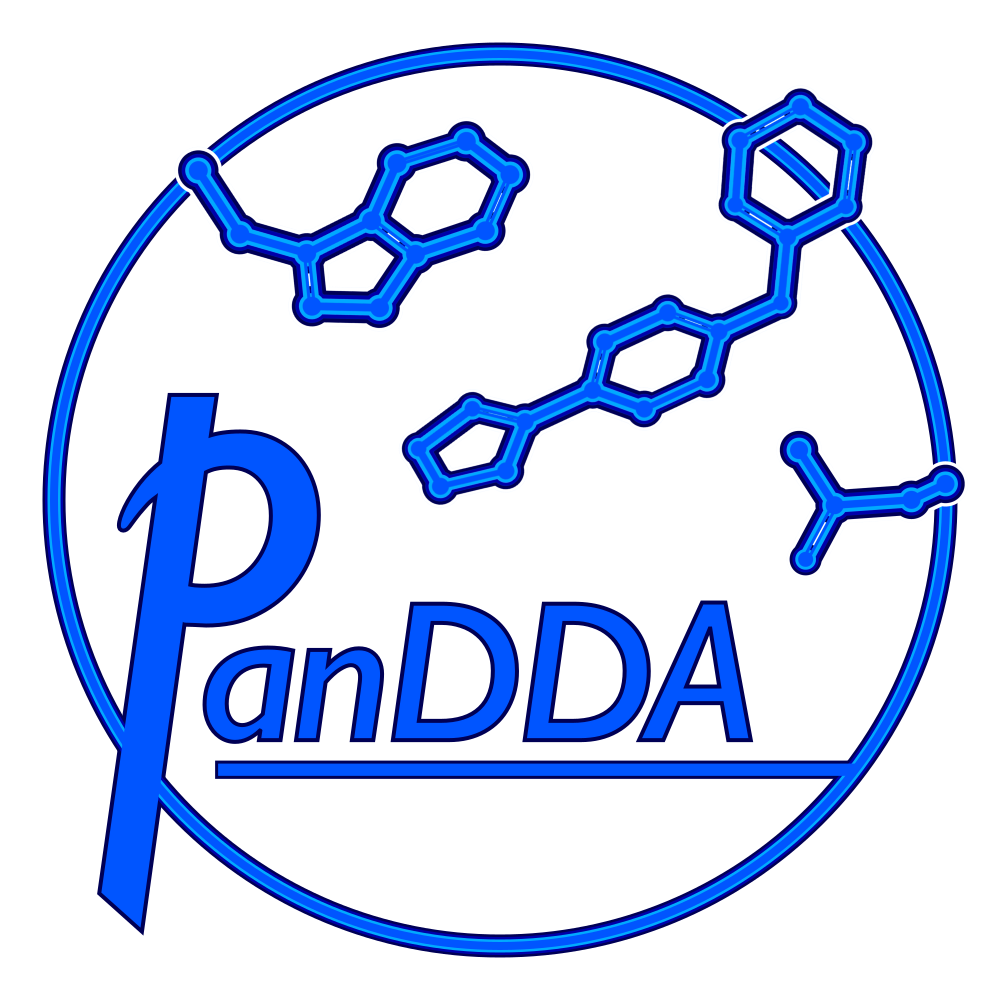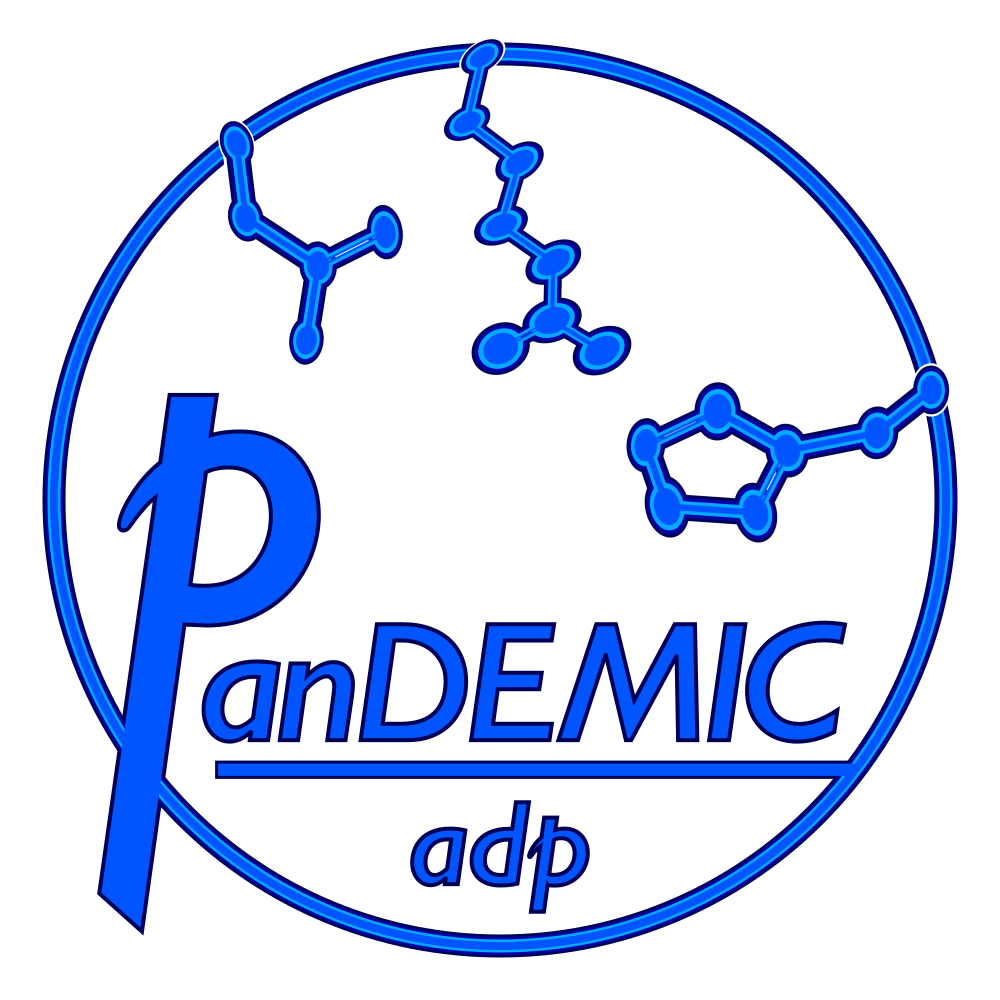Research
Proteins perform an incredibly large range of functions in living organisms, from catalysis to signalling. Protein functions are intricately linked to their shape, as key atoms need to be precisely arranged to allow catalysis of chemical reactions, or to recognise a complementary binding partner. Determining the structures of proteins can therefore give us great insights into how they work, and how we might design molecules which bind to proteins and change their behaviour.
However, current models massively underrepresent the complexity of protein structures and present them as static sets of atoms. In reality, proteins are flexible and in constant motion, and this flexibility can be crucial for enabling the protein’s function. Moreover, the flexibility of the protein can be regulated by binding molecules, meaning that proteins can be made more or less active by changing their dynamics.
In the Data-Driven Determination of Macromolecular Structures (D3MS) group, we develop new experimental and computational approaches to unravel the subtleties of protein structures and achieve unprecendented levels of detail in macromolecular models.
Research Projects
The research in the group is broadly organised into a number of distinct research projects.

PanDDA
